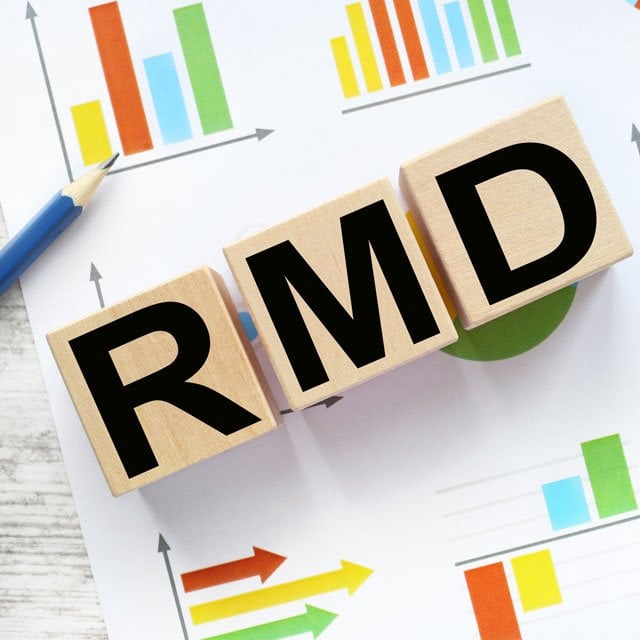
Top 5 Destinations Where Your Travel Dollars Go the Furthest
Global travel is predicted to set an all-time record this year, even as the cost of vacations continues to rise. Americans looking to soften the blow will want to consider where the US dollar's strength will get the best value in hospitality, goods and experiences. Using the Bloomberg World Currency Ranker and the U.S. Treasury Bureau of the Fiscal Service, we picked five enticing destinations that have shown favorable exchange rates over the past two to three years. Although hotel prices are not expected to fluctuate dramatically as leisure demand normalizes, a strong dollar at this time means deals can be had on local purchases that range from tours and meals to shopping. Overall, the results show that this is a great year to visit Asia, a region already in demand as it begins its most "normal" tourism year since Covid-19 struck. Japan continues to be a popular choice, but Vietnam and South Korea stand as solid alternatives among numerous countries in Asia with favorable exchange rates for the US dollar. Closely following in value are South American countries: Argentina and Chile are among those offering the biggest luxury bang. A further option points to a once-in-a-lifetime location: Tanzania's Serengeti. While rate-fluctuation percentages might appear low in some cases, savings can add up quickly, particularly for those traveling in a group. Here's a look at five destinations we recommend that will stretch your dollar most in 2024, as well as some new luxury hotels and excursions to put on your agenda while you're there. (Shown in photo: Indonesia's Palau Kelor Island; credit: Adobe Stock)
Copyright 2024 Bloomberg. All rights reserved. This material may not be published, broadcast, rewritten, or redistributed.
© 2024 ALM Global, LLC, All Rights Reserved. Request academic re-use from www.copyright.com. All other uses, submit a request to [email protected]. For more information visit Asset & Logo Licensing.
Featured Resources
View All
Sponsored by Allianz Life Insurance Company of North America and Allianz Life Financial Services LLC
Can Systematic Risk Be Reduced?







